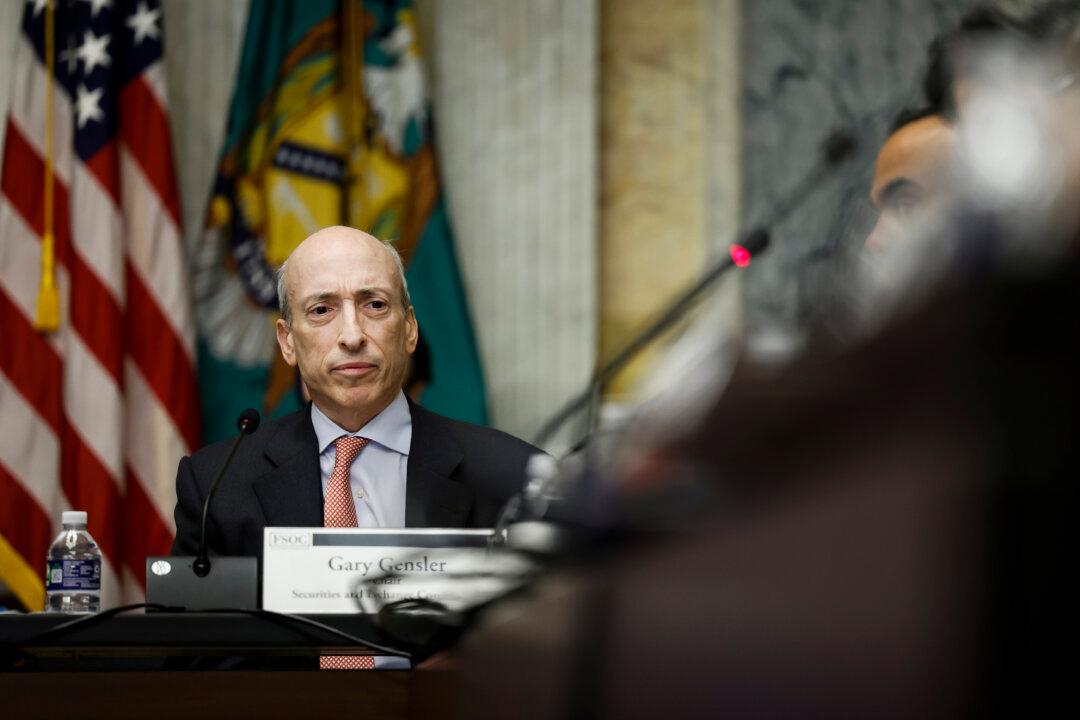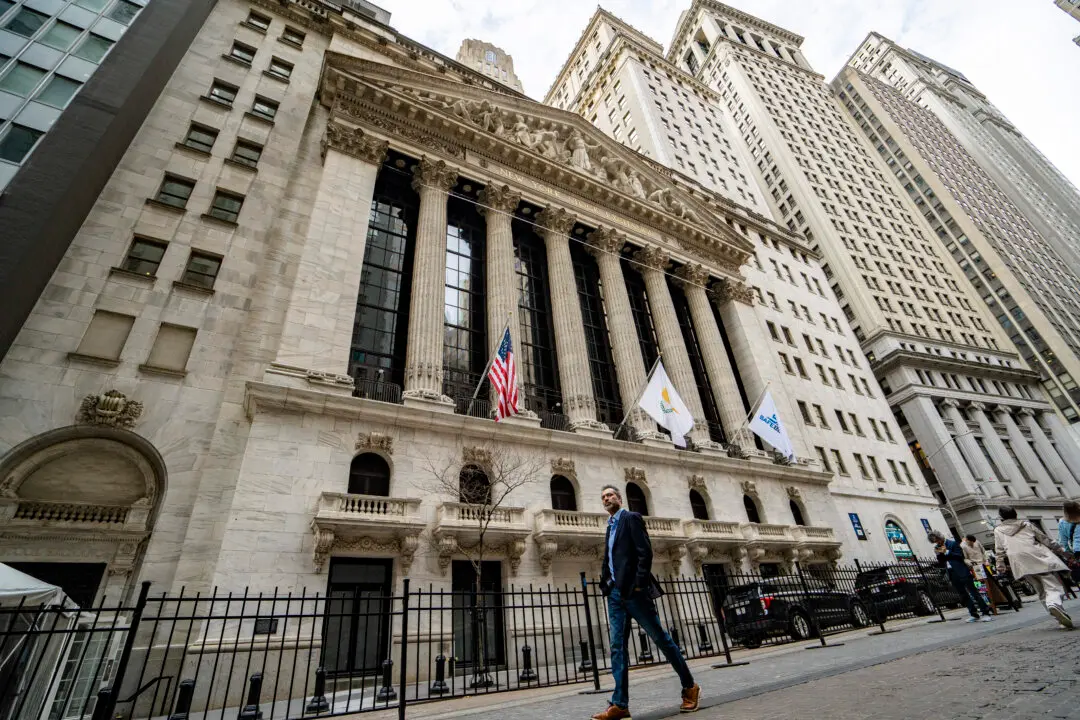A U.S. government shutdown would potentially disrupt the financial markets by limiting regulatory oversight and preventing companies from issuing new debt or equity, Securities and Exchange Commission (SEC) Chair Gary Gensler has warned.
If Congress fails to approve funding legislation that President Joe Biden can sign into law by midnight on Sept. 30, the federal government will shutter, furloughing tens of thousands of workers and disrupting various services.





